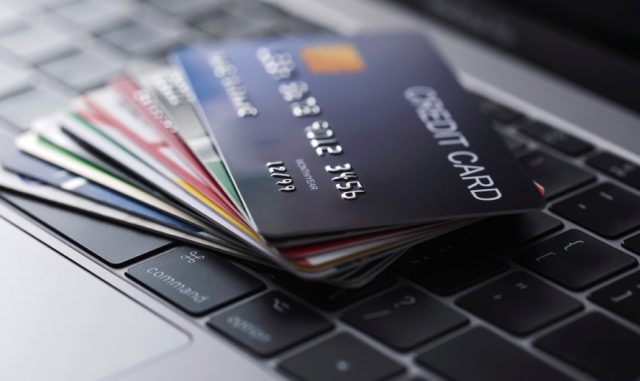Last Updated on March 9, 2024 by admin
Introduction
Credit cards are commonly accepted in today’s world as they provide convenience, flexibility and freedom to purchase anywhere.
However, if one does not take proper care of their credit card details, they could risk their complete financial security.
As a safeguard against fraudulent transactions, credit card companies issue unique numbers called CVV or CVC codes.
When you purchase something online through your credit card, you might have noticed that they ask for a CVV number to prevent unauthorised purchases.
What is the meaning of CVV, though? Card verification value (CVV) codes are vital pieces of information required by banks to validate debit/credit card payments.
In addition, they serve as another layer of security on the credit card.
What is the meaning of CVV on credit cards?
When you buy something online, your CVV number will be required.
One of your credit card’s most important security features is the CVV or Card Verification Value.
CVV is a unique three-or four-digit code for your card. Your card’s magnetic stripe and chip are not saved, making it unavailable to criminals who may duplicate your card data.
A merchant will request confirmation from your card issuer that your CVV number is genuine when you give it to them.
So why is your CVV number required when you make a purchase?
Doing this ensures that whoever possesses the credit card is also using it.
That is crucial for your security as a customer and the retailer you use.
Never hesitate to question the retailer or call your card issuer for clarification if you have ever been asked for your CVV number and you are not sure why.
Your CVV number is not necessary to withdraw cash from an ATM or purchase at a store since it differs from your card’s PIN.
To validate the transaction while making purchases at merchant outlets, you must enter your PIN.
However, if you make an online purchase, you must enter the “one-time password” provided to the registered phone and the CVV number from your credit card.
To safeguard clients from fraud, issuing banks offer it.
Where on a credit card can you locate the CVV number?
The Card verification value number and placement may differ based on the type of credit card you use.
The CVV number, for instance, is printed on the back of the card just below the signature panel for MasterCard, VISA, and Discover Cards.
What is the role of a credit card’s CVV number?
When you purchase online or over the phone, the CVV number is used to verify that you are the card’s rightful owner.
The three-digit CVV number, which is located on the back of your credit card, adds a level of protection when you make transactions.
Since this number is not recorded anywhere on your credit card, even if someone gets their hands on your card number and expiration date, they will still be unable to make a transaction without your CVV number.
The CVV number is used to confirm your ownership of the card when you purchase.
The transaction will fail if the CVV number is omitted or is not accurate.
Therefore, the next time you buy something online or over the phone, keep your credit card CVV in mind and the maximum credit card limit in India.
How to protect a credit card’s CVV?
It is essential to take precautions to prevent committing credit card theft due to increased fraud and fraudsters operating online.
To safeguard your credit card’s CVV; you can follow the below guidelines:
- Look for reliable websites before providing your credit card information.
- Installing antivirus software on your PC must be your first step. The programme will scan the virus and look for malware, other internet tools, and other threats that hackers use to steal your data.
- VPN software is preferable to secure your personal information while utilising a public Wi-Fi network.
- Wi-Fi at home must always have a password. Anyone with access to your internet may keep an eye on your internet usage and follow every bit of data you transmit.
- Never send a friend or a social media user a snapshot of your credit card as such information is used to make illicit purchases.
- Be wary whenever you receive an email or text asking for your credit card information.
- And if you are charged for anything you did not authorise, contact your bank immediately.
Conclusion
As a safeguard against fraudulent transactions made over the phone or online, CVVs are now included on all credit and debit cards.
Additionally, even while a CVV makes your card number more difficult to read, it still does not ensure security.
Taking precautions to protect oneself is still crucial since they undoubtedly assist, but they are not foolproof.
Apart from that if you want to know about Shop Online Using Your Credit Card then please visit our Finance category














